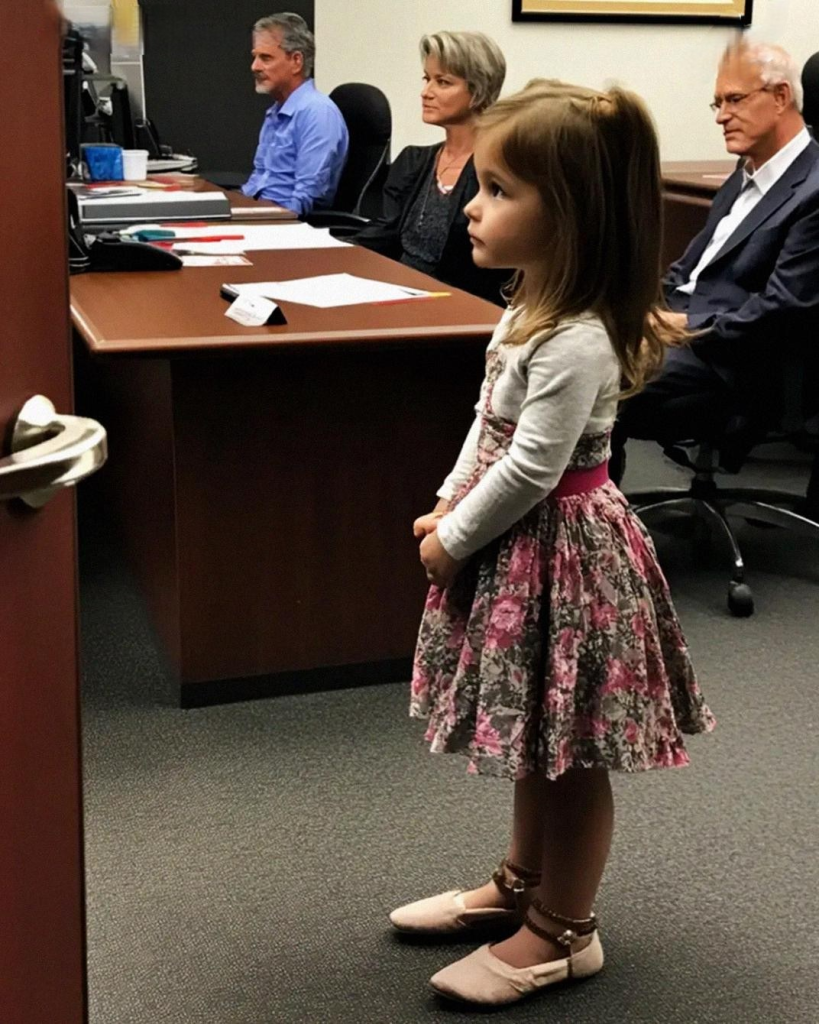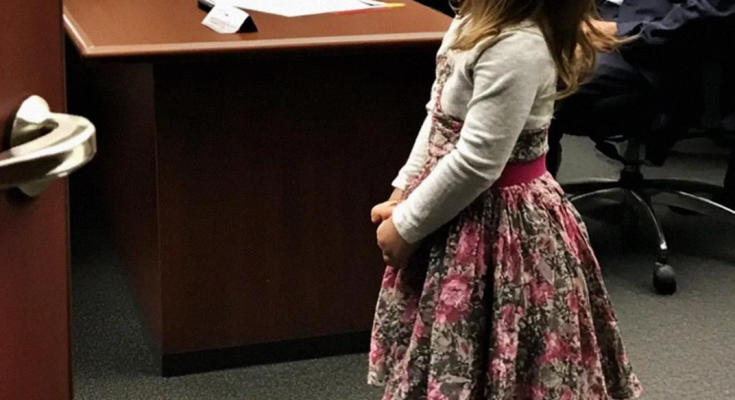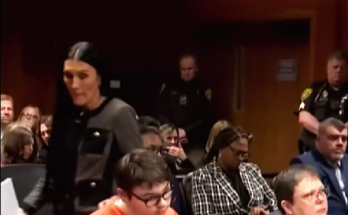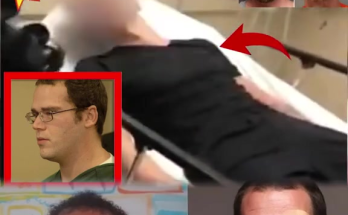Mr. Lewis sat back in his worn leather chair, the one that had carried him through decades of late-night work and moments of quiet reflection. At 83, he had lived a long, full life—rising from poverty, building a thriving business, and raising a family that once filled his home with laughter.
But in his twilight years, the house that used to overflow with warmth had fallen silent. The children he had raised—some biological, some adopted, and many fostered—rarely came to see him unless they needed money. His grandchildren visited only during holidays, their eyes lingering on his expensive art and antiques more than on him.
Mr. Lewis saw it clearly: to most of them, he wasn’t a father or a grandfather anymore. He was a bank.
His late wife used to say, “You always find room for one more, don’t you?” And she was right. Over the years, he’d welcomed countless children under his roof. He had given freely—time, money, love—but now, as his health declined, he wondered whether all those sacrifices had been forgotten.
The answer came swiftly when his doctor delivered the news: “I’m sorry, Mr. Lewis. You have a month, maybe less.”
He shared the diagnosis with his family. Within hours, they descended on his mansion from across the globe. Richard, his eldest son, arrived with his wife and children, masking greed with forced concern. Olivia, his daughter, showed up with her daughters, all smiles that didn’t reach their eyes. Even his adopted children found time in their busy lives to return, their sudden devotion almost comically insincere.
“Don’t worry, Dad, we’re here now,” Richard said, patting his father’s hand with exaggerated tenderness.
“We’ll take care of you, Grandpa,” Olivia’s teenage daughter chimed in, glancing at the ornate paintings as if appraising their value.
For weeks, they hovered—making tea they didn’t prepare themselves, offering help they didn’t mean, competing for his attention like actors in a poorly rehearsed play. Mr. Lewis, frail but not foolish, saw through every empty word.
And then, one quiet morning, he slipped away in his sleep.
The grieving period was brief. Almost immediately, the whispers began: the will. Who would inherit what? By the time the family gathered in the lawyer’s office, their sorrow had been replaced by thinly veiled anticipation.
“I’m sure Dad left me the most,” Olivia muttered to Richard, her chin tilted proudly.
“You wish,” he shot back. “He always said I was the one with real business sense.”
Their bickering ended when the lawyer, Mr. Alaric, entered the room. To everyone’s surprise, a young girl walked in behind him—a 13-year-old named Harper. She stood quietly, her presence puzzling the room of greedy heirs.
“Who’s this kid?” Richard demanded, his smirk fading.
Mr. Alaric adjusted his glasses. “This is Harper. She’s here because Mr. Lewis named her in his will.”
The room buzzed with confusion. No one knew who she was or why she was there. Mr. Alaric opened a folder and began.
“Mr. Lewis left a letter explaining his decision.”
Gasps echoed when he announced the verdict: Mr. Lewis had left his entire fortune to Harper.
The heirs erupted. Richard jumped up, his face red. “This is absurd! She’s not even family!”
Olivia’s voice rose in panic. “We’re his children! His blood! This is fraud—there’s no way Dad would cut us out.”
Mr. Alaric raised a hand. “Please. Let me read his words.”
He unfolded the letter, and the room fell silent.
Dear family, it began. By now you’ve heard my decision, and I know many of you are angry. But I ask you to listen. Harper lived next door. She saw me long before any of you did. She noticed when I struggled to get the mail or sat alone on the porch. She came by every day—not for money or gifts, but to sit with me, tell me jokes, play cards, or read me stories. She cared, when all of you were too busy.
All eyes turned toward Harper, who fidgeted nervously but stayed quiet.
Harper has her own battles. A few months ago, she was diagnosed with a terminal illness—one no child should face. I’ve heard her talk about her dreams: the places she wants to visit, the things she longs to do. She deserves the chance to live her short life fully. That is why I’ve made her my sole heir. I trust she’ll use it well.
The words struck like a hammer. Olivia, who had moments earlier been shouting, now sat with tears welling in her eyes. Richard stared at the table, ashamed.
Harper finally spoke, her voice small but steady. “Mr. Lewis was my friend. I never wanted his money. I just liked spending time with him.”
For once, the room was quiet.
In the months that followed, Harper lived out her dreams. She traveled with her parents to Paris, dipped her toes in the ocean, ate ice cream for breakfast, and filled her days with laughter. And when her time came, she passed peacefully, surrounded by love.
As she had promised, the remainder of her inheritance went to charities supporting children with cancer—funding treatments, research, and support for families in need.
Mr. Lewis’ heirs were left speechless, not because of the money they lost, but because of the message they had received. A frail old man and a dying young girl had shown them what true love and kindness looked like—something their greed had blinded them to for years.
They never forgot the lesson: wealth is meaningless without love, and family is not defined by blood, but by those who show up when you need them most.
Mr. Lewis’ fortune didn’t just change Harper’s life. It changed theirs, too—reminding them that the greatest inheritance anyone can leave behind is compassion.




